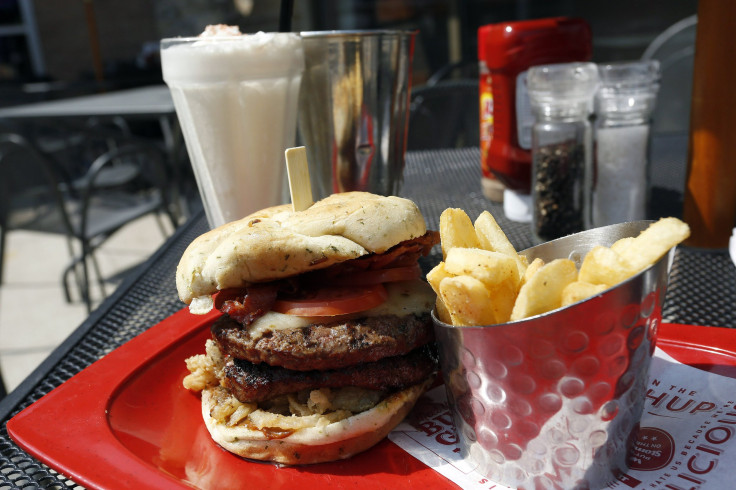Sleep Deprivation Increases Intake Of Fat

A new study has found that people tend to eat more fat and less carbohydrates when they are sleep-deprived. The study from the University of Pennsylvania pinpoints a region of the brain that is responsible for people taking in more fat.
The researchers, led by senior author Hengyi Rao, a research assistant professor of Cognitive Neuroimaging in Neurology and Psychiatry, wanted to study whether changes in regional brain function had an impact on our eating behaviour following sleep deprivation. Approximately, 15 million Americans work in evening shifts, night shifts, rotating shifts and other irregular schedules.
For the study, 34 sleep-deprived subjects and 12 control subjects were asked to stay in a sleep lab for five days and four nights of round-the-clock monitoring. All the study subjects had one night of regular sleep and were then randomised to either total sleep deprivation or control for the remaining three nights. A functional MRI was conducted on all the subjects on the morning following the first night of sleep to examine brain connectivity changes associated with food intake. Sleep-deprived subjects were then matched to control subjects in age, body mass index, ethnicity and gender. On the second night the sleep-deprived subjects were kept awake, while the control subjects slept for eight hours. MRI testing on both groups were continued on days 2, 3 and 4 at the same time each day.
All the subjects had access to a variety of foods they could have as they wished. The researchers found that sleep-deprived subjects consumed close to 1,000 calories during overnight wakefulness. The researchers found that the subjects consumed a greater percentage of calories from fat and a lower percentage of calories from carbohydrates during the day following total sleep deprivation.
To contact the writer, email: sonali.raj@gmail.com




















